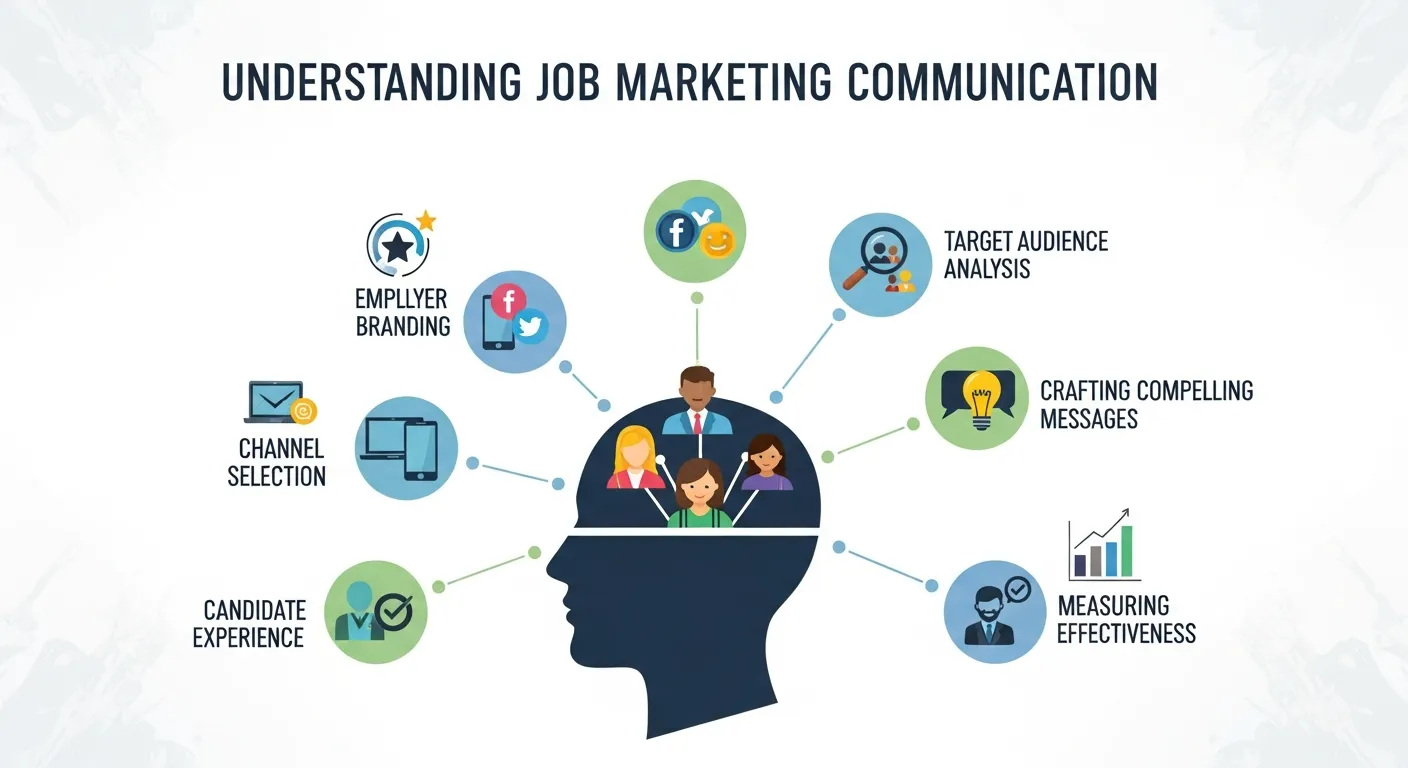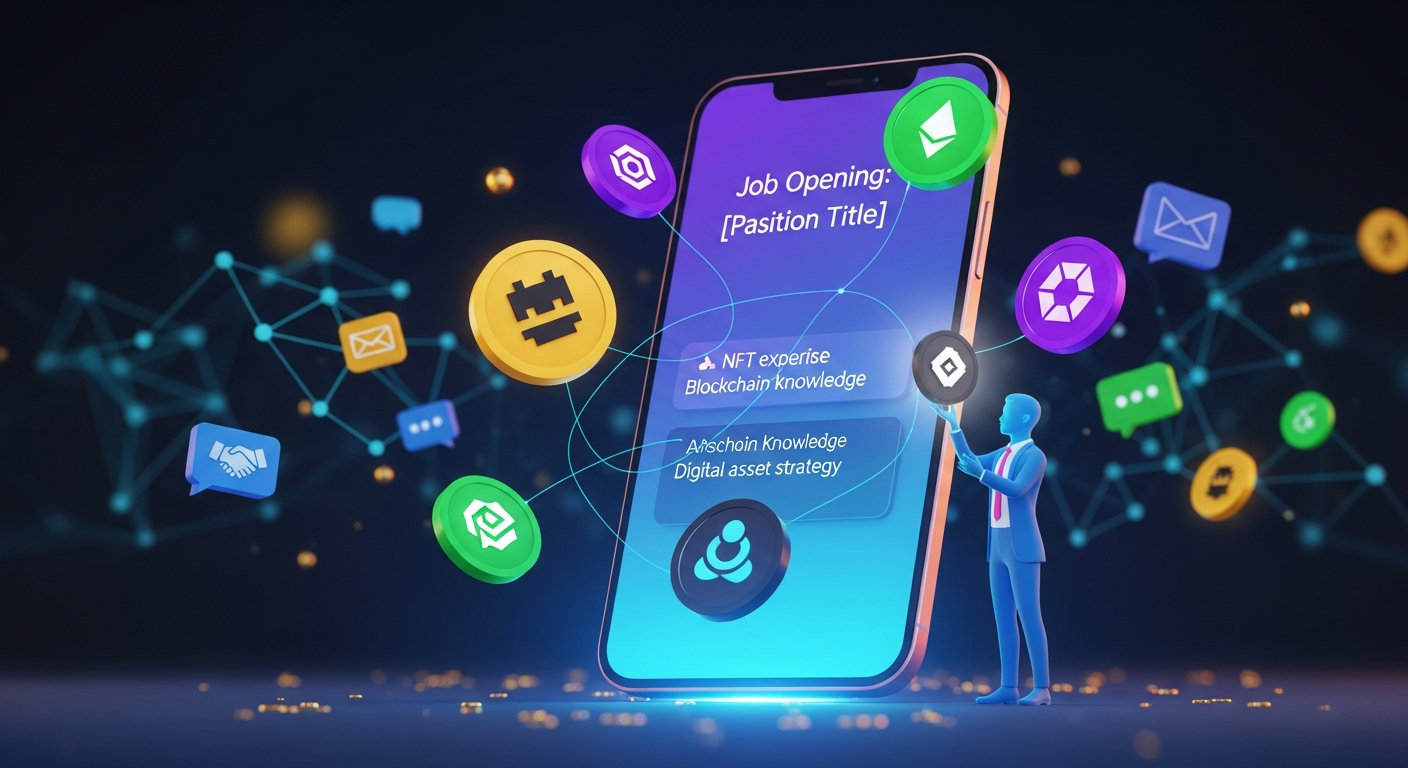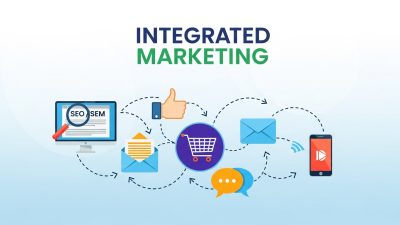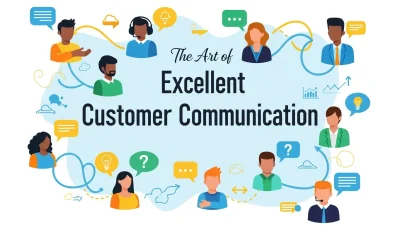Job marketing communication empowers professionals to stand out, build trust, and convert opportunities. Strategic messaging, storytelling, and digital presence transform job searches into long-term career growth across traditional and emerging industries.
Job marketing communication has become the cornerstone of successful career advancement. Your ability to effectively communicate your value proposition can make the difference between landing interviews and watching opportunities slip away.
The modern job market demands more than technical skills and experience. Employers receive hundreds of applications for every position, making it crucial to stand out through strategic communication. This comprehensive guide will equip you with the tools and techniques needed to market yourself effectively throughout your job search journey.
Understanding Job Marketing Communication

Job marketing communication encompasses all the ways you present yourself to potential employers. This includes your resume, cover letters, LinkedIn profiles, interview responses, and networking conversations. Each touchpoint represents an opportunity to reinforce your personal brand and demonstrate your value.
Effective job marketing communication goes beyond listing qualifications. It tells a compelling story about who you are, what you’ve accomplished, and how you can solve problems for employers. The best candidates understand that they’re not just applying for jobs—they’re marketing a solution to business challenges.
The Psychology Behind Hiring Decisions
Hiring managers make decisions based on both logical and emotional factors. While your qualifications must meet the technical requirements, your communication style influences how employers perceive your fit within their organization.
Research shows that recruiters spend an average of 7.4 seconds reviewing a resume during the initial screening process. This brief window highlights the importance of clear, impactful communication that immediately captures attention.
Crafting Your Professional Brand Message
Your professional brand message forms the foundation of all job marketing communication. This concise statement should articulate your unique value proposition and career objectives.
Developing Your Value Proposition
Start by identifying your core strengths, key achievements, and the specific problems you solve. Ask yourself these questions:
- What unique combination of skills and experience do you bring?
- What measurable results have you delivered in previous roles?
- What type of challenges energize you most?
- How do colleagues and supervisors describe your contributions?
Your value proposition should be specific enough to differentiate you from other candidates while remaining flexible enough to adapt across different opportunities.
Creating Consistency Across Platforms
Consistency builds trust and reinforces your professional brand. Your LinkedIn headline should align with your resume summary, which should complement your elevator pitch. While the specific wording may vary based on context, your core message should remain constant.
Consider creating a master document that outlines your key messages, achievements, and talking points. This resource ensures consistency whether you’re updating your resume or preparing for a networking event.
Optimizing Your Resume for Maximum Impact
Your resume serves as your marketing brochure, and every element should work together to support your candidacy. Modern resumes must balance human readability with applicant tracking system (ATS) compatibility.
Strategic Keyword Integration
Many companies use ATS software to screen resumes before human review. Research job descriptions in your target field to identify frequently used keywords and incorporate them naturally throughout your resume.
Focus on industry-specific terminology, technical skills, and action verbs that appear consistently across job postings. However, avoid keyword stuffing, which can make your resume difficult to read and appear inauthentic.
Quantifying Your Achievements
Employers want to understand the impact you’ve made in previous roles. Transform job duties into achievement statements by including specific metrics, percentages, and dollar amounts whenever possible.
Instead of writing “Managed social media accounts,” try “Increased social media engagement by 45% across three platforms, resulting in 200 new leads per month.” This approach demonstrates your ability to deliver measurable results.
Tailoring Content for Each Application
Generic resumes rarely generate interviews. Successful job seekers customize their resumes for each application, emphasizing the most relevant experience and skills for that specific role.
Review the job description carefully and identify the top three to five requirements. Ensure your resume addresses each of these points with specific examples from your background.
Writing Compelling Cover Letters
Despite rumors of their demise, cover letters remain important for many positions. A well-crafted cover letter provides context for your application and demonstrates your written communication skills.
Opening with Impact
Your opening paragraph should immediately capture the reader’s attention while establishing your interest in the position. Avoid generic openings like “I am writing to apply for the position of…” Instead, start with a compelling statement about your qualifications or enthusiasm for the role.
Consider opening with a brief story about a relevant achievement or your connection to the company’s mission. This approach creates an emotional connection while showcasing your personality.
Addressing Potential Concerns
Use your cover letter to address any obvious gaps or concerns in your application. If you’re changing careers, explain your motivation and transferable skills. If you have an employment gap, briefly acknowledge it and redirect focus to your qualifications.
Be honest but strategic in your approach. Focus on what you can offer rather than dwelling on potential weaknesses.
Leveraging LinkedIn for Professional Networking

LinkedIn has become the primary platform for professional networking and job searching. Your profile should function as a dynamic marketing tool that showcases your expertise and attracts opportunities.
Optimizing Your Profile
Your LinkedIn headline should go beyond your job title to communicate your value proposition. Use this space to highlight your specialization, key skills, or unique approach to your work.
Your summary section allows for more detailed storytelling about your career journey and aspirations. Write in first person and adopt a conversational tone that reflects your personality while maintaining professionalism.
Building Strategic Connections
Quality matters more than quantity when building your LinkedIn network. Focus on connecting with industry professionals, colleagues, and thought leaders who can provide insights or opportunities.
Personalize connection requests with a brief message explaining why you’d like to connect. This approach increases acceptance rates and begins building relationships.
Sharing Valuable Content
Regular content sharing demonstrates your industry knowledge and keeps you visible to your network. Share articles, insights, and commentary that provide value to your connections.
Aim for a mix of curated content and original thoughts. Even brief comments on industry trends can position you as an engaged professional who stays current with developments in your field.
Mastering Interview Communication
Interviews represent the culmination of your job marketing communication efforts. This is your opportunity to bring your application materials to life and demonstrate your interpersonal skills.
Preparing Your Success Stories
Develop a collection of detailed success stories that illustrate your key competencies. Use the STAR method (Situation, Task, Action, Result) to structure these narratives in a compelling way.
Prepare stories that demonstrate leadership, problem-solving, teamwork, and other skills relevant to your target roles. Practice telling these stories concisely while including enough detail to be credible and engaging.
Asking Strategic Questions
The questions you ask during interviews communicate your level of interest and understanding of the role. Prepare thoughtful questions that demonstrate your research and strategic thinking.
Avoid questions that could be answered through basic research about the company. Instead, ask about challenges facing the team, growth opportunities, or the interviewer’s experience with the organization.
Following Up Professionally
Your communication doesn’t end when the interview concludes. Send a personalized thank-you note within 24 hours that reinforces your interest and qualifications.
Reference specific discussion points from the interview and reiterate how your skills address the challenges discussed. This follow-up demonstrates attention to detail and professional courtesy.
Digital Communication Best Practices
Your digital presence extends beyond formal application materials. Employers routinely research candidates online, making it essential to manage your digital footprint carefully.
Social Media Audit
Review your social media profiles from an employer’s perspective. Remove or adjust privacy settings for content that could be perceived negatively. Consider whether your online presence aligns with your professional brand.
Focus on building a positive digital presence rather than simply avoiding negative content. Share professional insights, volunteer activities, and other content that reinforces your candidacy.
Email Communication Excellence
Professional email communication reflects your attention to detail and business acumen. Use clear subject lines, proper grammar, and appropriate tone in all correspondence.
Respond promptly to emails from potential employers, even if only to acknowledge receipt and provide a timeline for your full response. This demonstrates respect for their time and your commitment to the process.
Measuring Your Communication Effectiveness
Track the results of your job marketing communication efforts to identify what works best for your situation. Monitor metrics like response rates, interview requests, and feedback from networking contacts.
Analyzing Application Outcomes
Keep detailed records of where you apply, when you follow up, and what responses you receive. This data helps you identify which approaches generate the best results.
If you’re not receiving responses, consider whether your materials effectively communicate your value or if you’re targeting appropriate opportunities.
Gathering Feedback
Seek feedback from trusted colleagues, mentors, or career counselors about your communication materials. Fresh perspectives can identify areas for improvement that you might overlook.
Consider working with a career coach or participating in mock interviews to refine your verbal communication skills.
Adapting Communication for Different Industries
Different industries have varying communication norms and expectations. Research the culture and communication style of your target industry to ensure your approach aligns with expectations.
Creative Industries
Creative fields often value personality and innovation in communication. Your materials can be more visually interesting and showcase your creative thinking alongside your technical qualifications.
Traditional Industries
Conservative industries like finance or law typically prefer more formal communication styles. Focus on demonstrating reliability, attention to detail, and adherence to professional standards.
Technology Sector
Tech companies often value directness and results-oriented communication. Emphasize your technical skills, problem-solving abilities, and track record of delivering measurable outcomes.
NFT Marketing Relevance in Job Communication

NFT marketing professionals rely heavily on job marketing communication. Web3 employers value storytelling, community engagement, and brand-building skills. Communicating experience in decentralized communities, Discord moderation, or NFT launches requires clarity and credibility. As NFT and Web3 careers grow, professionals who articulate value through SEO, content marketing, and community strategy gain competitive advantage. Clear communication helps bridge traditional hiring expectations with decentralized innovation.
Your Path to Communication Success
Mastering job marketing communication requires practice, patience, and continuous refinement. Start by auditing your current materials and identifying areas for improvement. Focus on developing a clear, consistent message that differentiates you from other candidates.
Remember that effective communication is about connecting with your audience and demonstrating value. Every interaction is an opportunity to reinforce your professional brand and move closer to your career goals.
Invest time in improving your sales and marketing communication skills, and you’ll see a measurable impact on your job search and career growth. Strong communication not only helps you stand out to employers but also drives better results in real-world sales and marketing roles.
Conclusion
Job marketing communication is no longer optional—it is a career survival skill. In an overcrowded job market, the ability to clearly articulate value determines visibility and opportunity. By mastering messaging, storytelling, and consistency, professionals gain control over career outcomes. Whether pursuing traditional roles or emerging fields like NFT marketing, effective communication builds trust, differentiation, and long-term success.
Frequently Asked Questions
What is job marketing communication?
Job marketing communication is the strategic way professionals present their skills, achievements, and value proposition across resumes, cover letters, interviews, LinkedIn, and networking interactions to attract recruiters and secure career opportunities.
Why is communication critical in hiring?
Effective communication differentiates candidates, builds trust, and influences perception. Employers not only assess skills but also how clearly you can articulate your value, fit, and problem-solving abilities.
Does job marketing replace technical skills?
No. Job marketing communication complements technical skills by amplifying strengths, highlighting achievements, and making your expertise visible to employers. Strong communication ensures your abilities are recognized and valued.
Is LinkedIn part of job marketing communication?
Yes. LinkedIn serves as a dynamic professional brand platform. Optimized profiles, engaging posts, endorsements, and network interactions all strengthen visibility, credibility, and connection with industry decision-makers.
How can storytelling improve applications?
Storytelling transforms dry qualifications into memorable narratives. Using the STAR (Situation, Task, Action, Result) framework, candidates can showcase problem-solving, achievements, and impact, creating a stronger emotional and professional connection with employers.
Can poor communication block career opportunities?
Absolutely. Even highly skilled candidates may be overlooked if they cannot clearly convey value, achievements, or fit. Misaligned messaging or lack of clarity can reduce interview invitations and networking success.
How important is consistency across platforms?
Consistency across resumes, LinkedIn, cover letters, and interviews builds credibility. A unified professional brand ensures that recruiters perceive you as reliable, strategic, and confident in your expertise.
Does job marketing apply to freelancers and contractors?
Yes. Freelancers benefit from communicating value, showcasing portfolio achievements, and building trust online. Effective messaging increases client acquisition, repeat business, and long-term freelance growth in competitive digital markets.
Is job marketing relevant for NFT and Web3 careers?
Definitely. NFT and Web3 roles require storytelling, community engagement, and credibility. Candidates must articulate technical skills, creative contributions, and understanding of decentralized projects to stand out in this emerging sector.
How long does it take to see results from improving communication?
Results can appear within weeks for networking, LinkedIn engagement, and resume optimization. Full impact, including interviews and job offers, typically develops over months with consistent effort and strategic adjustments.
Do employers value emotional intelligence in job communication?
Yes. Emotional intelligence—like empathy, active listening, adaptability, and interpersonal skills—is crucial for leadership, teamwork, and client-facing roles. Candidates demonstrating these traits often outperform equally skilled peers.
Is job marketing communication a long-term career skill?
Absolutely. Strategic communication supports lifelong career growth. It enables professionals to adapt to changing industries, pursue promotions, transition sectors, and maintain personal branding in both traditional and digital-first markets.





